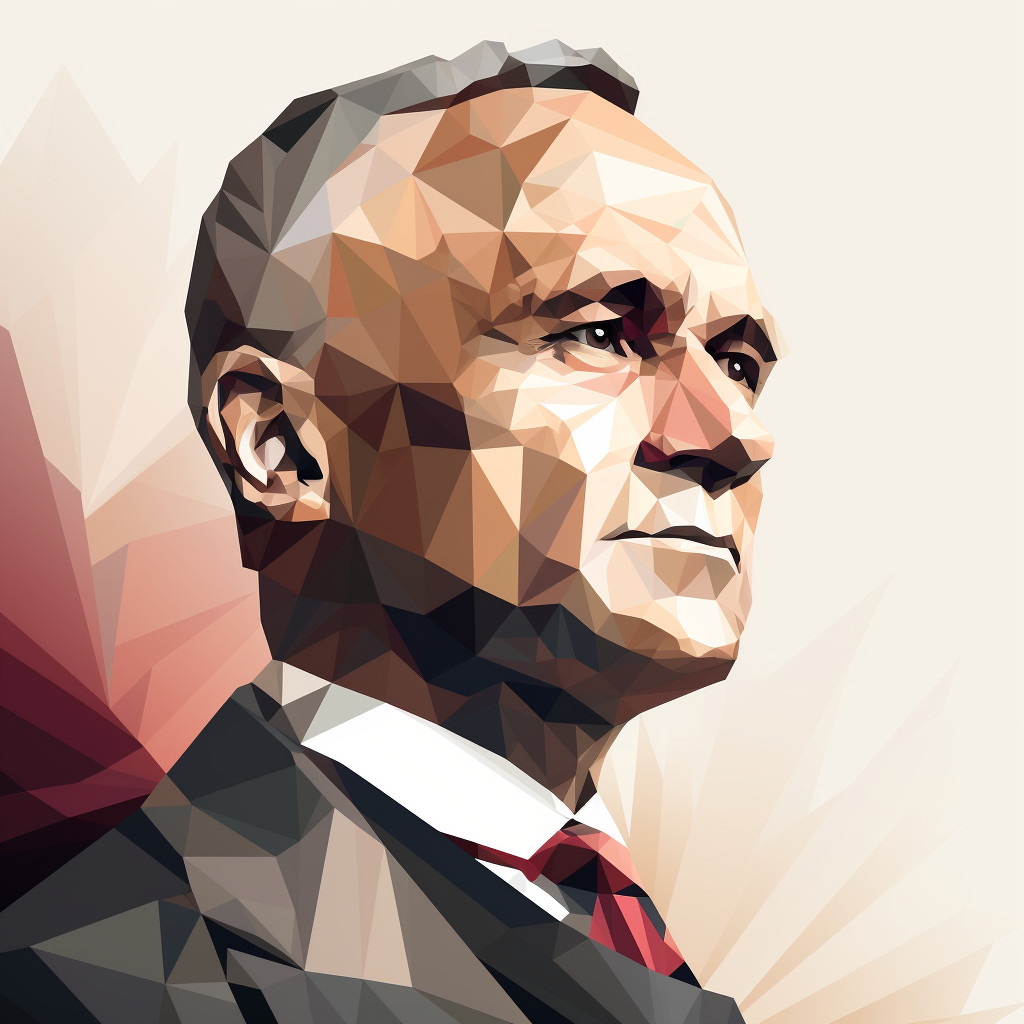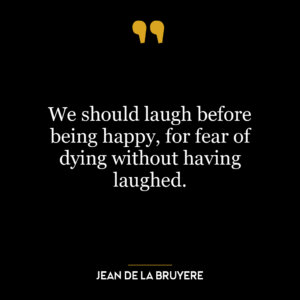“Happiness is found in doing, not merely possessing” is a profound statement that underscores the importance of action and engagement over mere ownership or material possession. It suggests that the key to true happiness lies not in accumulating material wealth or possessions, but in the act of doing, engaging, and participating in life’s activities.
This quote can be understood on multiple levels. On a surface level, it challenges the common notion that happiness comes from material wealth or possessions. It suggests that happiness is not something that can be bought or acquired, but something that is experienced through action and engagement.
On a deeper level, the quote speaks to the human need for purpose and meaning. It suggests that true happiness comes from the act of creating, contributing, and making a difference in the world. It’s about being actively engaged in pursuits or activities that we are passionate about and that give our lives a sense of purpose and meaning.
In terms of personal development, this quote underscores the importance of being proactive and taking action. It suggests that personal growth and happiness are not passive processes that come from merely acquiring knowledge or skills, but active ones that come from applying that knowledge and those skills in real-world situations.
In today’s world, this quote is particularly relevant. In a society that often equates success and happiness with material wealth and possessions, this quote serves as a powerful reminder that true happiness comes from within, not from without. It challenges us to reevaluate our priorities and to focus more on doing and less on possessing.
In practical terms, this might mean choosing a job that we love over a job that pays more, or spending time with loved ones instead of working overtime to buy more material possessions. It might mean volunteering for a cause we believe in, pursuing a hobby we are passionate about, or simply taking the time to enjoy the simple pleasures of life.
Ultimately, this quote reminds us that happiness is a journey, not a destination. It’s not something that we arrive at once we have acquired a certain amount of material possessions, but something that we experience along the way, through the act of living, doing, and engaging with the world around us.











